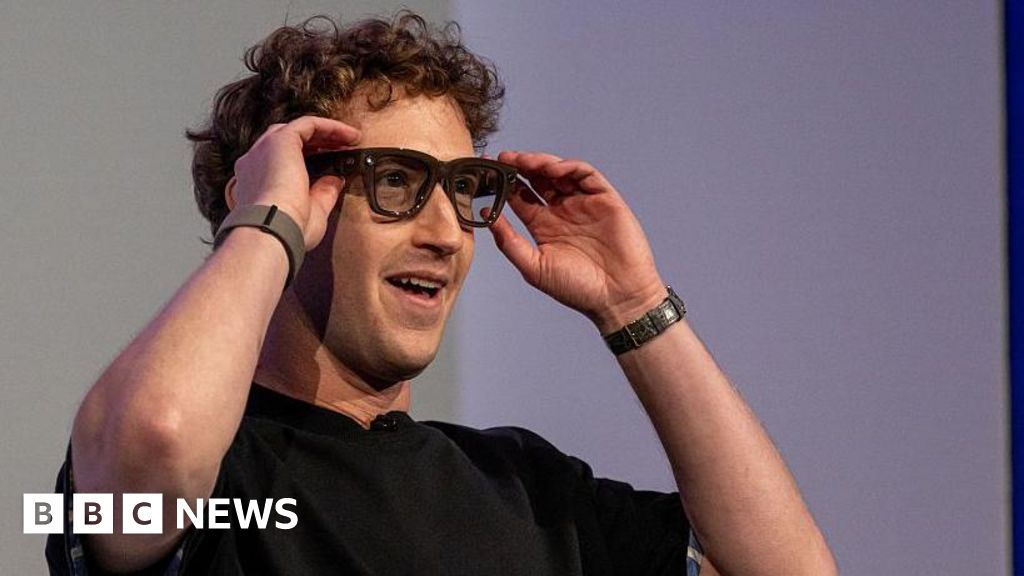Macron’s business policies made him ‘president of the rich’. Rachel Reeves, beware | Economic policy
- Politics
- October 19, 2024
- No Comment
- 157
There is a danger that Labour will suffer the Macron effect when the budget is unveiled at the end of the month. Emmanuel Macron, who was first elected president of France in 2017, put business investment and building a culture of entrepreneurialism at the top of his to-do list – only to be condemned later as a friend of the rich.
Rachel Reeves speaks a similar language when she says economic growth is her priority and that business people should be offered more support than even the Tories were prepared to countenance.
Already the Treasury has slipped out an announcement about tax breaks for small business owners that will cost £3bn a year in lost tax revenue.
An extension of the Enterprise Investment Scheme and its cousin, the Venture Capital Trust scheme, for the rest of the parliament, it offers those who invest in a business an upfront discount of up to 30% from their income tax bill.
Those pensioners who are going to lose their winter fuel allowance, saving the government an expected £1.4bn, might wonder whether the chancellor has got her priorities right, especially when the Treasury has failed to commission a report since the tax break was first launched almost 30 years ago to discover whether it is actually money well spent.
In his first year at the Élysée palace, Macron replaced France’s “solidarity tax” on wealth, which was levied on assets above €1.31m (£1.09m), with a much reduced 30% tax on capital gains from interest and dividends. It amounted to a 70% tax cut on the gains from financial assets.
An admirer of the UK’s Anglo-Saxon capitalist model, Macron designed his budget reforms to encourage investment and spur growth. They included a cut in corporation tax to 25% (the same rate as the UK’s today) and less generous unemployment benefits.
However, a report in 2022 examining the effects found there was no evidence that abolition of the wealth tax had sparked the economy into life – or indeed had brought any positive effect at all.
France Stratégie, an independent thinktank established by the former Socialist French president François Hollande to analyse social, environmental and economic issues, concluded that the main beneficiaries were the bank accounts of France’s richest 3,800 families.
In the context of government budgets in France and the UK that top £1tn a year, these measures are small. Yet, as Macron found, they can set the tone for the administration and become the lens through which the public views the leadership’s broader efforts.
Macron was quickly dubbed the president of the rich, and the moniker stuck. Labour could be similarly tarred if all the budgetary enthusiasm is directed at entreating the owners of UK businesses to lavish a bit more cash on their company assets, while leaving the rest of the population feeling like the 14 years of austerity it has already endured is never going to end.
Reeves is well aware that she is not in the position enjoyed by Labour’s Gordon Brown in the early part of the century, when a growing economy allowed him both to court business with generous tax breaks and to boost welfare payments, in the process bringing down child poverty.
after newsletter promotion
And while the chancellor is hinting that inheritance tax privileges and an increase in capital gains tax are among her preferred ways to make those with the broadest shoulders contribute a bit more, a major test will be how she addresses calls to end the two-child benefit cap, which the Resolution Foundation has clearly shown will increase child poverty if it is maintained.
The cap, which restricts child tax credit and universal credit in most households to the first two children, affects about 1.6 million children, and will cost the government between £2.5bn and £3.6bn this year to abolish.
The foundation said it found a “very strong relationship” between local levels of child poverty and the share of families affected by the measure introduced by the previous Conservative government.
Reeves is trying to find ways to close a £40bn spending gap. It is not an easy situation. Most economists would agree that measures that fuel faster economic growth will help to close that gap. What is less clear is how tax giveaways to the rich and a real-terms freeze on welfare payments to the poorest achieves that aim.
#Macrons #business #policies #president #rich #Rachel #Reeves #beware #Economic #policy









